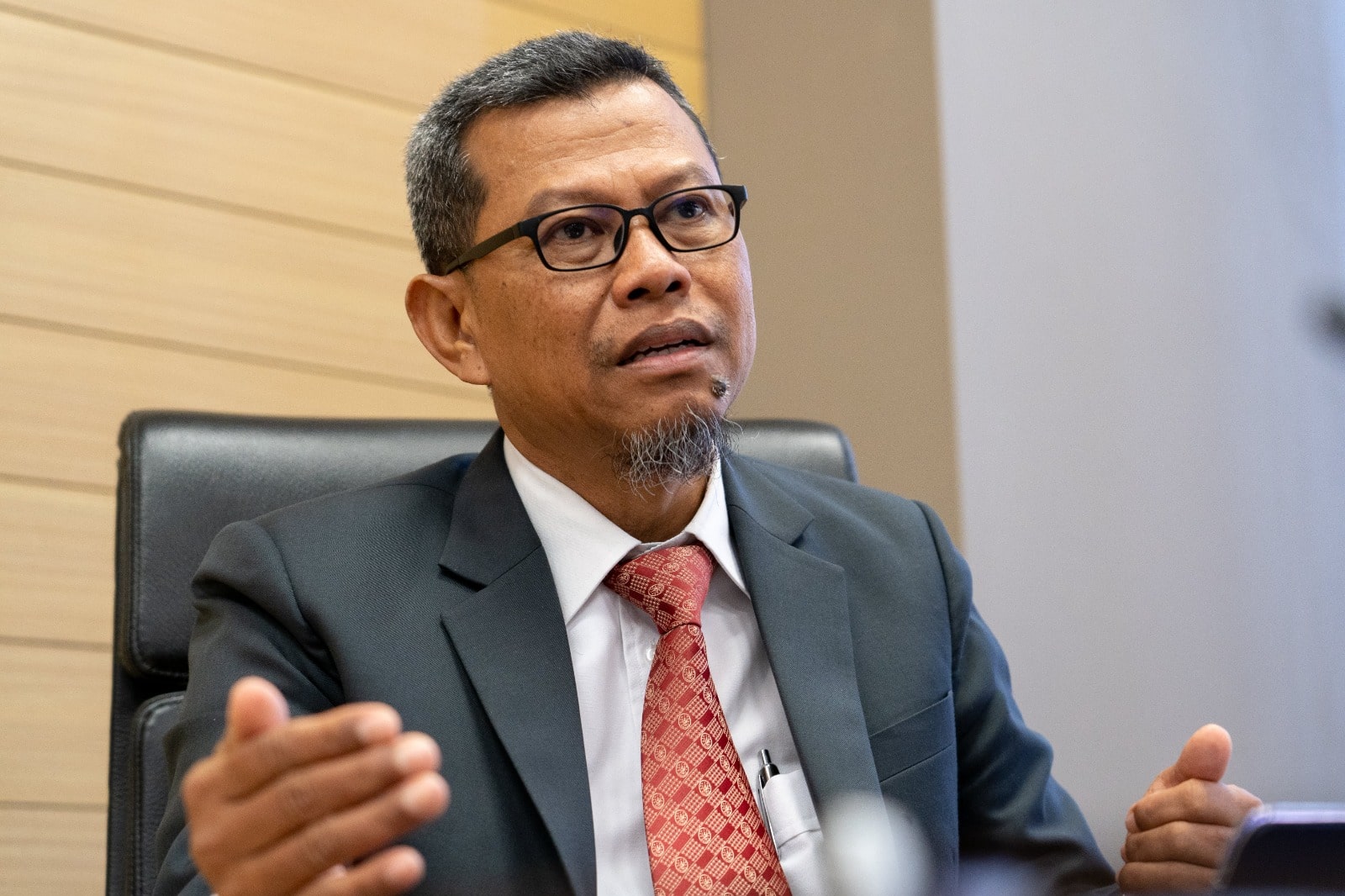KUALA LUMPUR, Oct 10 – Kuala Langat MP Dr Ahmad Yunus Hairi has voiced opposition to Prime Minister Anwar Ibrahim’s proposed removal of health care subsidies from individuals deemed “well-off”.
The Opposition MP argued that the proposed policy to require affluent citizens to fully bear the cost of medical treatment in public health care facilities may not be optimal, despite agreeing that targeted subsidies are a prudent way to manage the nation’s finances.
“There are certainly reasons why they (someone considered ‘well-off’) would choose treatment in a public health care setting, and that is mainly due to the high costs associated with private health care and private hospitals,” Dr Ahmad Yunus told CodeBlue in a response last Wednesday.
Dr Ahmad Yunus, who is head of Perikatan Nasional’s (PN) health committee, instead called for the government to review the high fees charged by private hospitals. He also urged the government to reconsider the practice of differential charging in Ministry of Health (MOH) facilities, where higher fees are charged on patients referred from private clinics and hospitals, as well as from university hospitals.
“Patients may be forced to seek treatment (in private health care settings) due to limitations in the facilities available in government hospitals. This should be taken into consideration.”
Anwar’s administration plans to introduce a targeted fuel subsidy programme early next year, using the government’s Central Database System (Padu) that considers various indicators, beyond incomes, such as household size, dependent children’s education levels, number of vehicles, and government assistance received to determine the disposable income of each household.
Currently, there is already differential charging in MOH facilities based on whether patients were referred from private clinics or hospitals. The Fees Act 1982 imposes the highest fees, or first-class rates, on patients referred to MOH hospitals from private and university hospitals, including for hospitalisation and medicine, even if they prefer more affordable third-class treatment.
Cancer patients have long called for the repeal of the Fees (Medical) (Amendment) Order 2017, pointing out that even low-income earners choose to get diagnosed or have their first surgery in a private hospital to avoid months-long waits in government hospitals before switching to the public sector for less expensive follow-up treatments.
The government currently subsidises about 98 per cent of the treatment cost for citizens at public health care facilities, specifically MOH facilities. Teaching hospitals run by public universities generally impose higher charges for treatment and provide advanced therapies, such as for cancer, that are unavailable in MOH hospitals, but are still more affordable than private hospitals.
Anwar also proposed eliminating sugar subsidies to combat diabetes in the country. According to the National Health and Morbidity Survey (NHMS) 2019, about one in five adults aged 18 and above suffer from diabetes, totaling an estimated 3.9 million people.
Interestingly, Dr Ahmad Yunus disagreed with the idea of completely removing sugar subsidies.
“Removing sugar subsidies altogether to fight diabetes is a hasty, unsubstantiated approach. Reducing sugar subsidies may be more practical,” the Kuala Langat MP said. “Diabetes is caused by more than just sugar; other factors must be considered.”
Dr Ahmad Yunus suggested giving priority to effective health education for diabetes prevention and management.
“The high cost of living should be factored into government policies, especially those that will directly impact people’s daily expenses,” he said.








